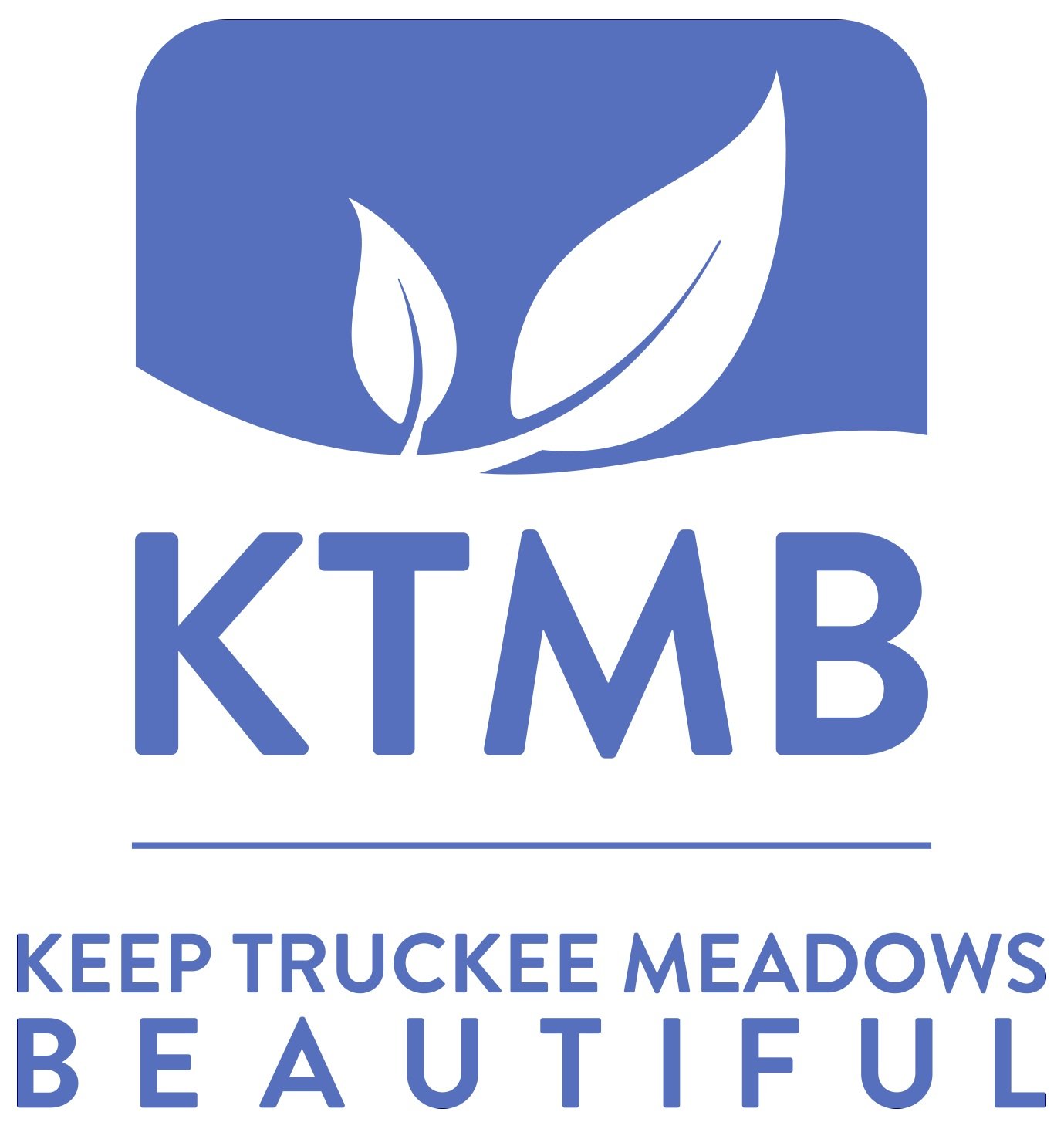What is Green Washing Anyway?
Greenwashing is the use of “green” or “sustainable” marketing terms for products or services that make it seem more environmentally friendly than it is. With more and more people wanting to live sustainably and reduce their negative impacts on the environment and climate, it has become an increasingly utilized tactic for businesses to market themselves as “green”, even if in reality they are far from it. But many businesses are adopting more sustainable practices, so how can you tell the difference between companies that are making strides in their environmentally friendly practices from those whose only “green” practices come out of their marketing department?
While it can be tricky to sift through, there are an increasing number of certifications for businesses that can help tell you if they are the real deal or not when it comes to sustainability. One such certification that has us particularly excited is the newly launched Nevada Green Business Network Database. We here at KTMB are thrilled because not only is this new certification and resource tailored to providing information about businesses in the Silver State, but because KTMB is an official partner in this new program for the Washoe County area!
Here are some helpful certifications to look out for to help tip you off to whether a company’s sustainability actions align with their marketing:
GreenBizTracker
The Nevada Green Business Network’s launch of the GreenBizTracker is a free and voluntary service that provides a web-based and mobile tool that motivates businesses to make voluntary behavior and facility changes that net positive and measurable environmental outcomes. As businesses become certified, it will also serve as a searchable database for consumers.
Certified B Corporation
Certified B Corporations pledge to consider effects beyond profits when making decisions. They consider how their decisions effect their employees, communities and the environment.
1% for the Planet
For companies looking to support environmental sustainability, an easy entry point is to join one 1% for the planet. Described as a self-imposed tax, companies who participate pledge to donate 1% of proceeds to environmental groups and causes.
FairTrade, Environmental Working Group and beyond
There are many, many certifications out there certifying everything from whether a product contains chemicals that are potentially harmful to humans and the environment to whether the people involved in producing the product were paid fair wages. It is helpful to do a little internet sleuthing to help determine what certifications are important to you, and then keep your eye open for certified products
What else can I do?
There are many actions individuals can take to shop more sustainably.
Looking for refillable or reusable options can help reduce the amount of waste you produce.
Buying high quality products when you can also helps to ensure you will get longevity of use to avoid premature waste of the product.
Along similar lines you can see about getting things you own repaired before you replace them to extend the life of the product.
When shopping, consider used markets for goods to cut down on your environmental impact.
Also consider purchasing materials made from recycled content. This will help support the recycling market.


